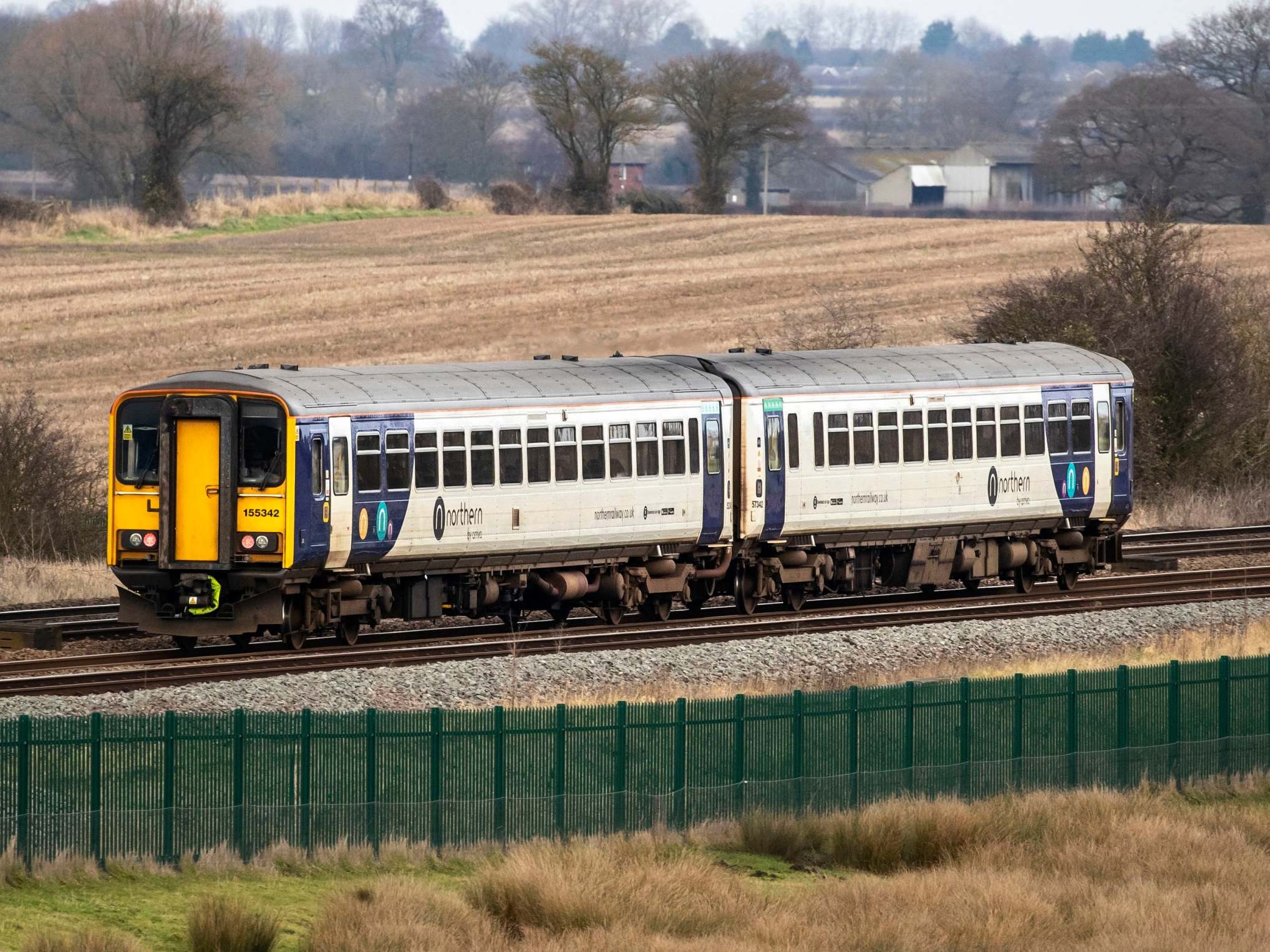Commuting by rail in the UK is a special form of suffering – so why are operator bosses taking home so much pay?
The government could end up running more stations and lines than all the other operators – so what’s stopping full nationalisation?


This week rail users had to cope with disruption caused by new timetables and a 2.7 per cent increases in fares. The news that some bosses of underperforming operators have received inflation-busting pay rises will be as a welcome as a cup of cold sick.
Grant Shapps says under-performing Northern Rail won’t continue in it’s present form and is looking at two options – either the company gets a new, short-term contract allowing the completion of upgrades, or the Department of Transport will take over running the company, as happened in 2018 with the East Coast mainline when Virgin gave up the franchise. As the Operator of Last Resort, the government could end up running more stations and lines than all the other operators – so what’s stopping full nationalisation?
At the very least, the criteria for awarding franchises needs a radical overhaul if so many successful bidders say they cannot be made to pay. The Scottish government has taken over their largest operator, Abellio Scotrail – with the boss of Abellio having been awarded a 12.6 per cent pay rise last year. Only in the rail industry does ineptitude get rewarded with huge salaries and someone else is always to blame when trains are cancelled or late. The boss of Arriva, who own Northen Rail has received an 18 per cent pay rise, taking his salary to £1.3m.
In the last six months I’ve had the misfortune to switch from using the East Coast line – which was reasonably reliable – to becoming a regular user of Greater Anglia. Never has the word “greater” been more inappropriately used. Trains are late, often dirty, with broken toilets and no heating. Commuters never know if services on rural routes are going to turn up – or even deign to stop. Excuses include “Norwich to Great Yarmouth has been cancelled due to slippery rails” on 9 December. In the UK, to commute by rail is to endure a special form of suffering.
Join our commenting forum
Join thought-provoking conversations, follow other Independent readers and see their replies
0Comments